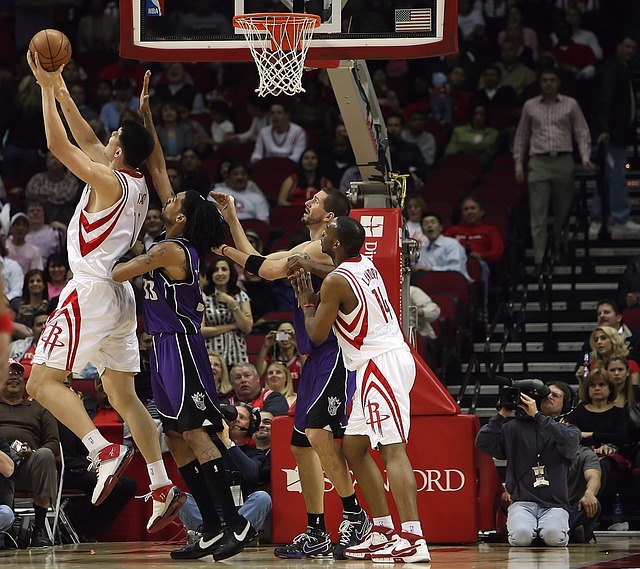Competition: The Fans Are Not Blind

Source
The commercialization of sports has no doubt had a transformational effect on the lives of millions, and the nature of competition. What was once a fierce display of pride and skill, has now developed into a major source of generational wealth for those who can effectively utilize the value chain. It seems though, that we are reaching a bit of a plateau in terms of sporting development for several reasons.
Just like cultural influence can affect anything, it appears that the overt focus on commercialization my have changed the nature of how we compete, and indeed how we view the entire motive behind professional sports. Competitions driven by what makes the most financial gain increasingly takes priority over what is the best that can be made. It wouldn't have been such a concern but for a simple, yet noteworthy fact.
The Fans are Not Fooled
Professional sports is a form of entertainment and as any major entertainment source, there are tons of passionate fans ready and willing to part with their money in order to get value. There must be an understanding that the fans are the major reason why the sporting industries have flourished, and this should never be neglected whenever organizers are running or scheduling competitions.
Yet it seems that organizers are quite comfortable not giving fans the dream competitions they deserve as long as it doesn't offer absurd returns. The more hardcore fans in particular who remain loyal through times and seasons are relegated time and again when those with big bucks come in and make offers. Consider for instance, why everyone wants to compete in major economies rather than in their regions where they might be extremely popular.
The dynamics may also be different in some instances. For instance there are a lot of barriers that actively prevent high level competition beyond regulators. One instance is greed, and sometimes athletes tend to price themselves out of participation. Another issue might be contractual, which comes with a lot of technicalities that can sometimes completely prevent the chances of high level competitions. Take for instance athletes signed to different promotions, companies and organizations and how difficult they are to bring together.
There's also the case of lethargy on the part of athletes. Every professional competes for the money, but some athletes may do so for that sole purpose. When there are no longer motivations other than money, we tend to see half baked competitions lined up. Take for instance the so called exhibition boxing matches that have been going on for some time now. The entire point of high level sports is so the best can compete against one another, anything other than that will lead to a breakdown of trust.
Conclusion
Fans know when they are being shortchanged. No matter the level of initial commitment, failure to deliver on quality will always be met with suspicion and eventual disinterest. We can see it the way fans are turning away from boxing and flocking the UFC, or the heavy criticisms NBA basketball superstar players receive when they under perform despite their huge salaries.
It is wise that organizers likely shouldn't test the patience and loyalty of our supporters by serving them with lower quality than they deserve.
I’d say that’s a difficult argument to use for sport as a whole.There may be some instances where the situations you’ve described have hindered development but generally, professionalism of sport has only increased the performance levels of athletes. Of course, it’s nearly impossible to directly compare generation to generation so it often comes down to nostalgia and a sense that the grass is always greener.
Performance levels have increased, I don't doubt that as athletes train their socks off to reach elite level. I however question their enthusiasm and motive for wanting to be athletes sometimes. If money is the only motivation it will inevitably show
I have always thought that teams should earn their salary on win bonuses plus a basic. This would make sure the top teams who are performing earn what they should and make the result matter financially for those playing.
Unfortunately person branding has destroyed the need to win for players. In basketball for instance players are more concerned about personal stat padding than actually helping the team win